Reconciliation Realities
We usually use our monthly email to you to tell you about Ka Ni Kanichihk’s programs, news and upcoming events, but this time I’m using it to ask for your help.
Reconciliation is everyone’s responsibility. So is truth. In fact, reconciliation is only possible with truth.
That is why we can’t stop talking about the children whose graves have been discovered – and are still being discovered – at former residential schools across Canada. Communities throughout Canada are still searching, and First Nation communities are still looking for healing. It’s important that we all come face to face with the truth before we fast-track to reconciliation.
The truth goes far beyond graves of little ones. We all need to understand our complex histories surrounding the entire Indian residential school system, the sixties scoop era, the many relocations and eliminations of Indigenous communities and the lingering impacts of all these historical traumas in shaping our responses to current situations.
At Ka Ni Kanichihk, we focus on creating space for Indigenous people to heal, connect and access the programs and services they need, in a way that comes from understanding, experience, kinship, and knowledge on how best to do that. But we cannot do this in isolation and expect the community and the country to change. That, my friends and relations, takes all of us. And that’s why I’m asking for your help.
In the last few months, many of you have reached out to ask what to do, and how you can help move healing forward.
You can be an active ally. “To be an ally is: to actively support the struggle; speak up even when you feel scared; transfer the benefits of your privilege to those who have less; and acknowledge that the conversation is not about you” (Indigenous Ally Toolkit).
Here are some more examples of what you can do…
- Increase your knowledge and understanding of Indigenous historical realities – read books by Indigenous authors; take in art by Indigenous artists.
- Listen to Indigenous people tell their stories. There are some powerful ones, including a video here: About Ka Ni Kanichihk – Ka Ni Kanichihk
- Talk to people who are Indigenous to learn about the effects of our country’s history. Ka Ni Kanichihk offers training to organizations that want to start embedding this knowledge in their work, as does the Treaty Relations Commission of Manitoba and other Indigenous organizations. Please reach out now.
- Read the Truth & Reconciliation Commissions Calls to Action. You can find a copy here: calls_to_action_english2.pdf (gov.bc.ca)
- Don’t be afraid of saying or doing the wrong thing. You inevitably will make mistakes. We all do, every day. The biggest mistake is not doing anything. If you make a mistake, open your heart and mind, and listen to those who can tell you how to do better next time.
- Volunteer with Indigenous organizations. Right now, Ka Ni Kanichihk is looking for new Council members (our Board), and I know there are other opportunities around the province.
- When you have a chance to stand up and speak, stand back instead, and give that space to an Indigenous voice. Amplify the voices of others when you can.
- Learn more about Allyship. Access the Indigenous Ally Toolkit here Ally March (reseaumtlnetwork.com)
- Know that you cannot truly put yourself in others’ shoes, and instead ensure people have space to express themselves.
- Understand that this will not go away and it won’t get better without everyone, including you, playing a role. Stand up and support us by calling out injustice whenever you see it.
- Donate to Indigenous-led causes and organizations. Indigenous people have solutions to the challenges facing their communities. Invest in their knowledge, culture and experience.
You can ensure Indigenous people continue to heal, learn and connect at Ka Ni Kanichihk. Please consider donating, here kanikanichihk.ca/donate/ or by calling (204) 953-5820. Thank you!
Educating yourself is an ongoing process. Change will not be easy and you will never truly be an expert on Indigenous challenges and realities, but you can work in allyship. As you educate yourself, apply your learning in a meaningful way by asking yourself:
- How can I use this new information in my everyday life?
- What steps can I personally take to amplify marginalized voices that are too often silenced?
- What do I have and how can that be leveraged?
- How can I use my position and privilege to listen, shift power dynamics and take steps toward reconcile-ACTION? (Indigenous Ally Toolkit)
Social supports and a community connection to Indigenous healing are critical for Indigenous people at this time. Ka Ni Kanichihk is here to walk with our relatives on the journey. Together, we can all ensure Indigenous peoples build on their strengths to heal, succeed and thrive.
